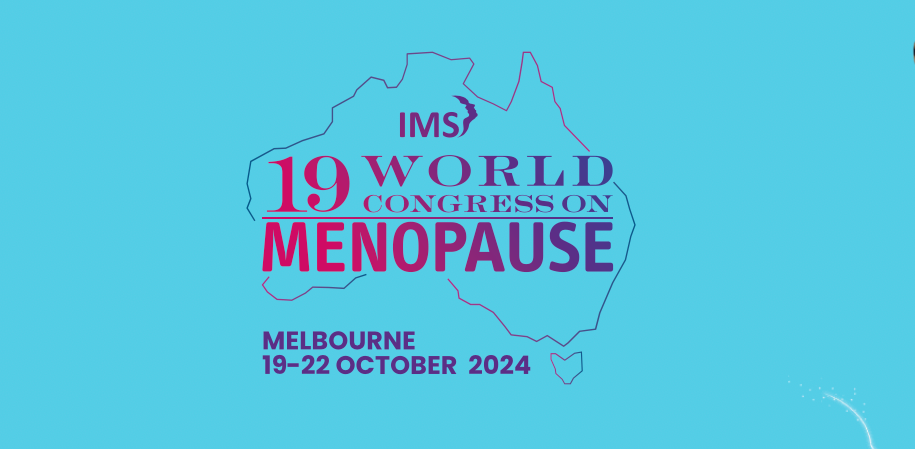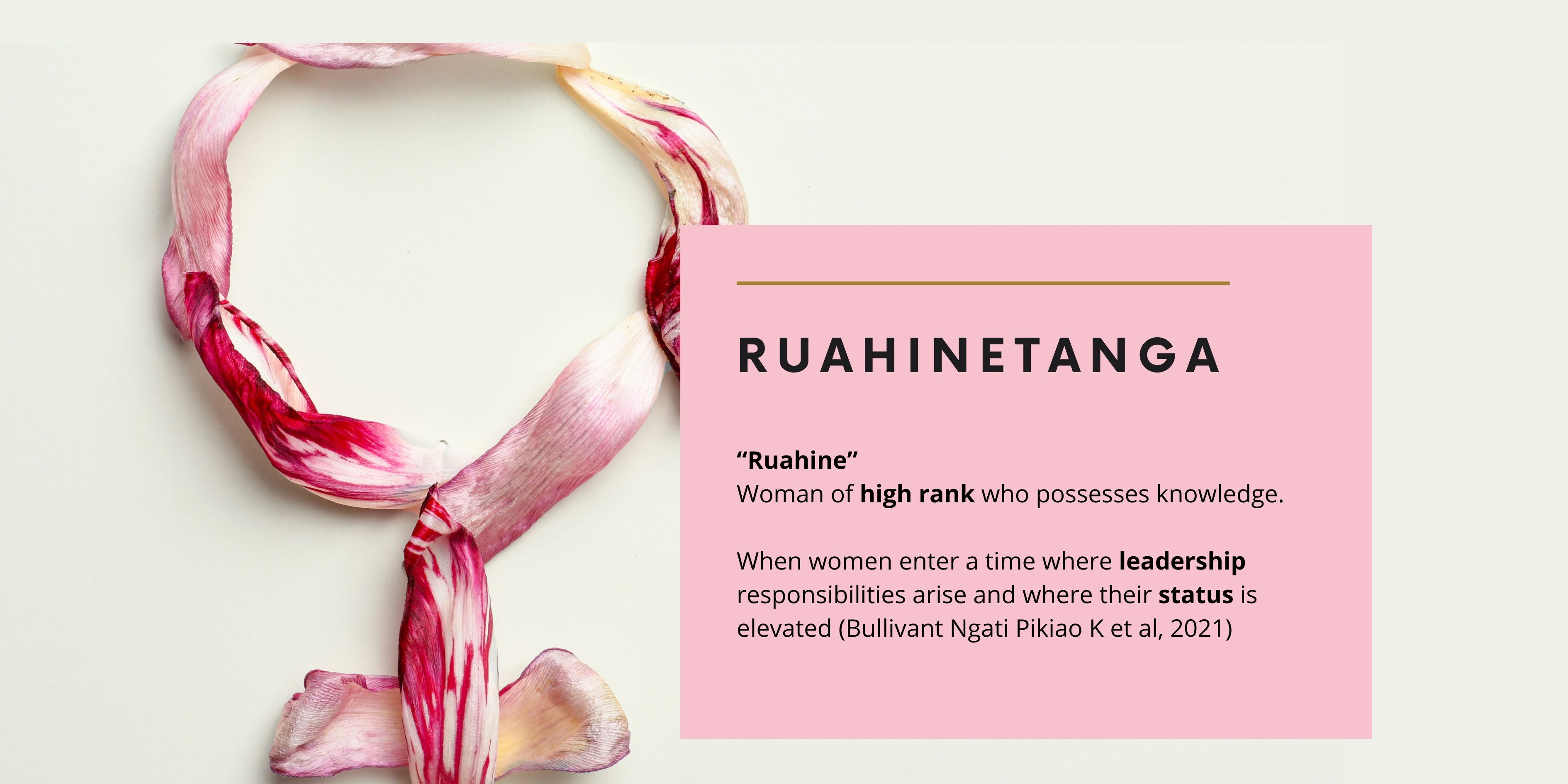International Menopause Society Conference 2024
Menopause came to Melbourne from 19th – 22nd October 2024 when the International Menopause Society hosted their 19th World Congress on Menopause in Australia.
There were 2,688 people in attendance from 77 countries around the world – showing that many healthcare professionals are keen to learn more about this important life-phase.
It was a huge global event – with many of the talks focusing on the menopause experience for women from different cultures including Korean, Latin American, Southeast Asian, African, Indian and Chinese countries.
The conference also gave me an opportunity to tell the menopause world the word “Ruahinetanga” - the Māori word for menopause.
Menopause and Māori Women
During the conference, I gave a talk about the results from the menopause survey I did last year.
I focussed on comparing the responses from Māori and Non-Māori women, to see what similarities and differences there were in the experience of menopause.
Here is a summary of the main things I found:
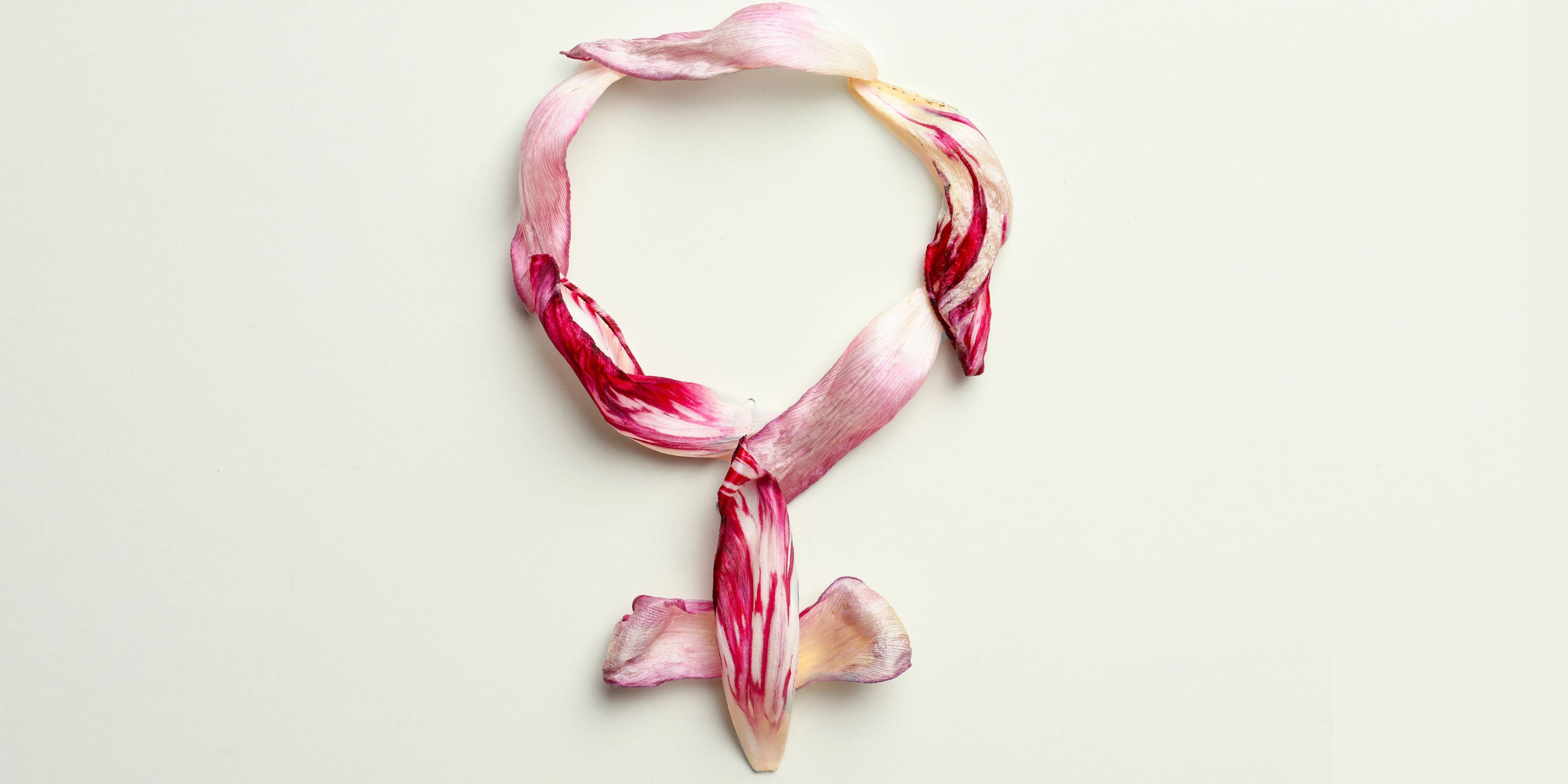
Menopause is a Unifying Experience
The survey found more similarities than differences between Māori and Non-Māori women, in terms of the types of symptoms women had, their severity and their impact on women's work, relationships and mental health
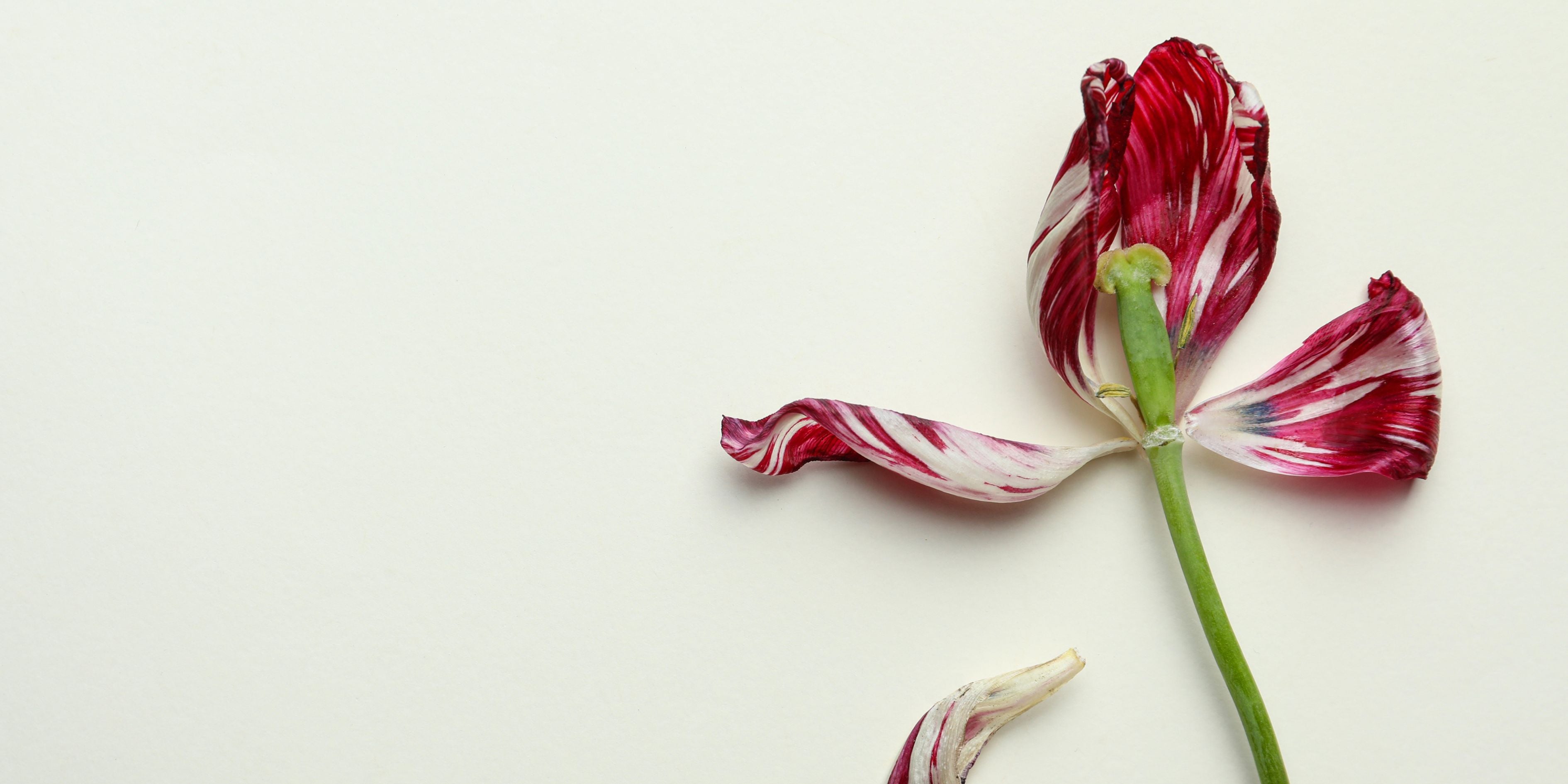
But the Healthcare Experience is Different
Māori women were less likely to see their GP about their symptoms, less likely to be offered HRT and more likely to be given no diagnosis at all for their symptoms.
Time for a Unified Healthcare Approach to Menopause
We shouldn't assume every woman wants HRT or medical support for their menopause.
In traditional Māori culture, menopausal women are celebrated and supported – the very word for menopause 'ruahinetanga' carries the meaning of a wise and important woman.
If a woman is surrounded by this more positive view of menopause, this may make the whole experience more empowering for her, and she may not feel any need to seek medical support.
But, we also must make sure we are giving all women - regardless of their culture – the same information and access to medical options for menopause including HRT.
Both Māori and non-Māori women need to have all the options available, so they can choose whichever option feels best for them.
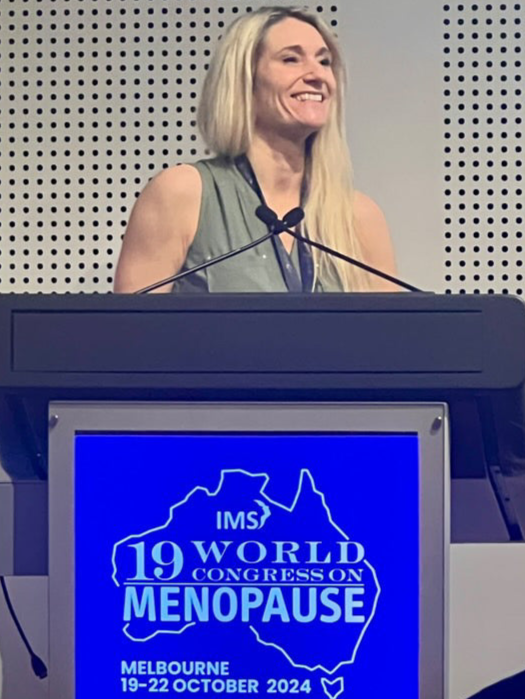
View Presentation
Click on the button below to view the full presentation from the conference.

